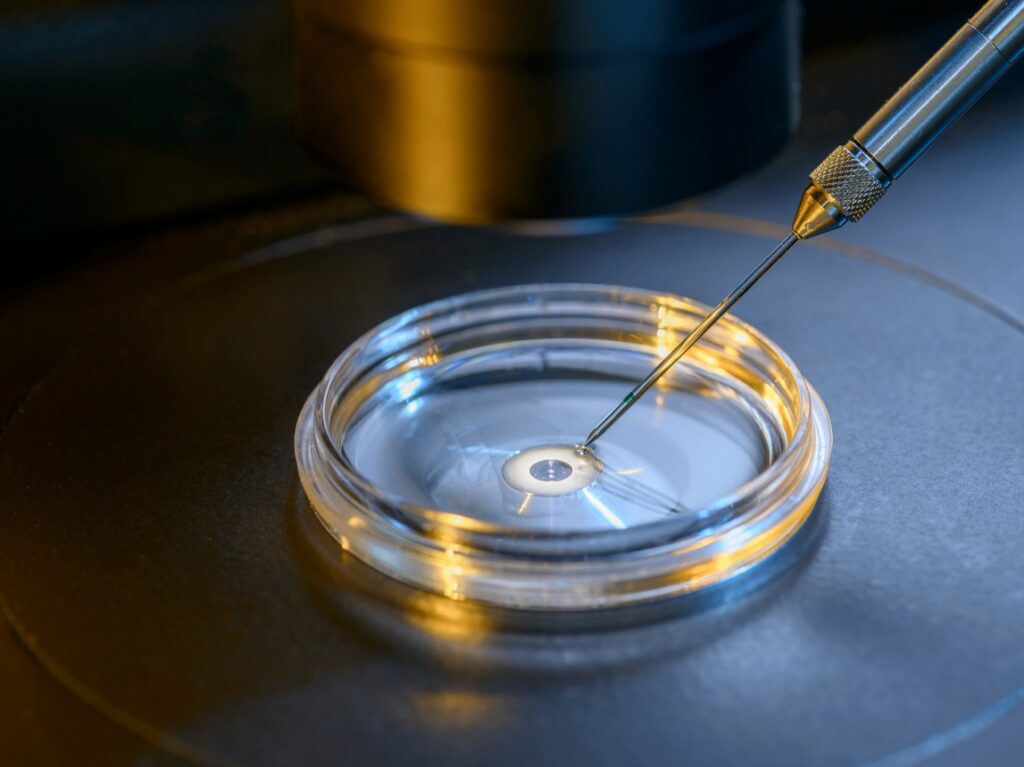Infertility can be a difficult and emotional journey for many couples, but with the advancements in medical science, there are now many treatment options available that offer hope. If you’re struggling to conceive, it’s important to know that you’re not alone, and understanding how infertility treatments work can help you feel more informed and empowered.
What is Infertility?
Infertility is defined as the inability to conceive after trying for a year or longer. For women over the age of 35, this timeframe is shortened to six months. While it can affect both men and women, infertility is not always easy to diagnose as it can be caused by various factors such as hormonal imbalances, physical issues, or unexplained reasons.

How Does Infertility Treatment Work?
Infertility treatments are designed to address the underlying causes of infertility. These treatments range from medication to more complex procedures like in vitro fertilization (IVF). Here are some of the most common approaches:
- Fertility Medications
Many cases of infertility are related to hormonal imbalances that affect ovulation. In such cases, doctors may prescribe medications to stimulate ovulation. These drugs, such as Clomiphene (Clomid) or Letrozole, help regulate the hormones necessary for egg release. - Intrauterine Insemination (IUI)
IUI is a less invasive procedure where sperm is collected, washed, and placed directly into the woman’s uterus during ovulation. It increases the chance of sperm reaching and fertilizing the egg. - In Vitro Fertilization (IVF)
IVF is one of the most well-known and effective fertility treatments. In IVF, eggs are extracted from a woman’s ovaries and fertilized with sperm in a laboratory. Once the embryo forms, it is placed back into the woman’s uterus in hopes of implantation. This procedure can be very effective, especially in cases where other treatments have failed. - Intracytoplasmic Sperm Injection (ICSI)
For couples facing male infertility issues, ICSI is often used in conjunction with IVF. In this procedure, a single sperm is injected directly into an egg to promote fertilization. - Donor Eggs or Sperm
In some cases, infertility treatments involve the use of donor eggs or sperm. This option is considered when there are significant issues with either partner’s reproductive cells. This method is often used in conjunction with IVF. - Surgery
In cases where physical abnormalities, such as blocked fallopian tubes or endometriosis, are contributing to infertility, surgical intervention may be required. Surgery can sometimes correct these issues, making conception more likely.

How Effective Are Infertility Treatments?
The effectiveness of infertility treatments varies depending on many factors, including the cause of infertility, the age of the woman, and the specific treatment used. Here’s a general breakdown of the success rates:
- Fertility Medications: These can be very effective for women with ovulation disorders. Around 40-45% of women who take fertility drugs will conceive within a few cycles.
- IUI: Success rates for IUI range from 10-20% per cycle, depending on factors like age and the underlying cause of infertility.
- IVF: IVF success rates depend largely on the woman’s age. Women under 35 typically have success rates between 40-50% per cycle, while women over 40 may have lower success rates.
- ICSI: When combined with IVF, ICSI has a similar success rate to standard IVF procedures, particularly helping in cases of male infertility.
- Donor Eggs or Sperm: When using donor eggs, success rates for IVF can be as high as 50-60%, as donor eggs typically come from younger, healthier women.
The Emotional Side of Infertility Treatment
Infertility treatments can be physically and emotionally demanding. The process often involves multiple doctor visits, medications, and even surgery. While the goal is to achieve a successful pregnancy, it’s important to understand that not every cycle will result in success. It’s normal to feel frustrated or discouraged along the way, so having a strong support system is crucial.
Conclusion
Infertility treatments offer many options for couples who are struggling to conceive. From medications to more advanced techniques like IVF, each option comes with its own set of advantages and success rates. It’s important to work closely with your healthcare provider to find the treatment that’s best suited for you and your partner. While the road to parenthood might take time, many couples are able to experience the joy of having a baby thanks to these treatments.





Mahesh
is ivf good or bad ?